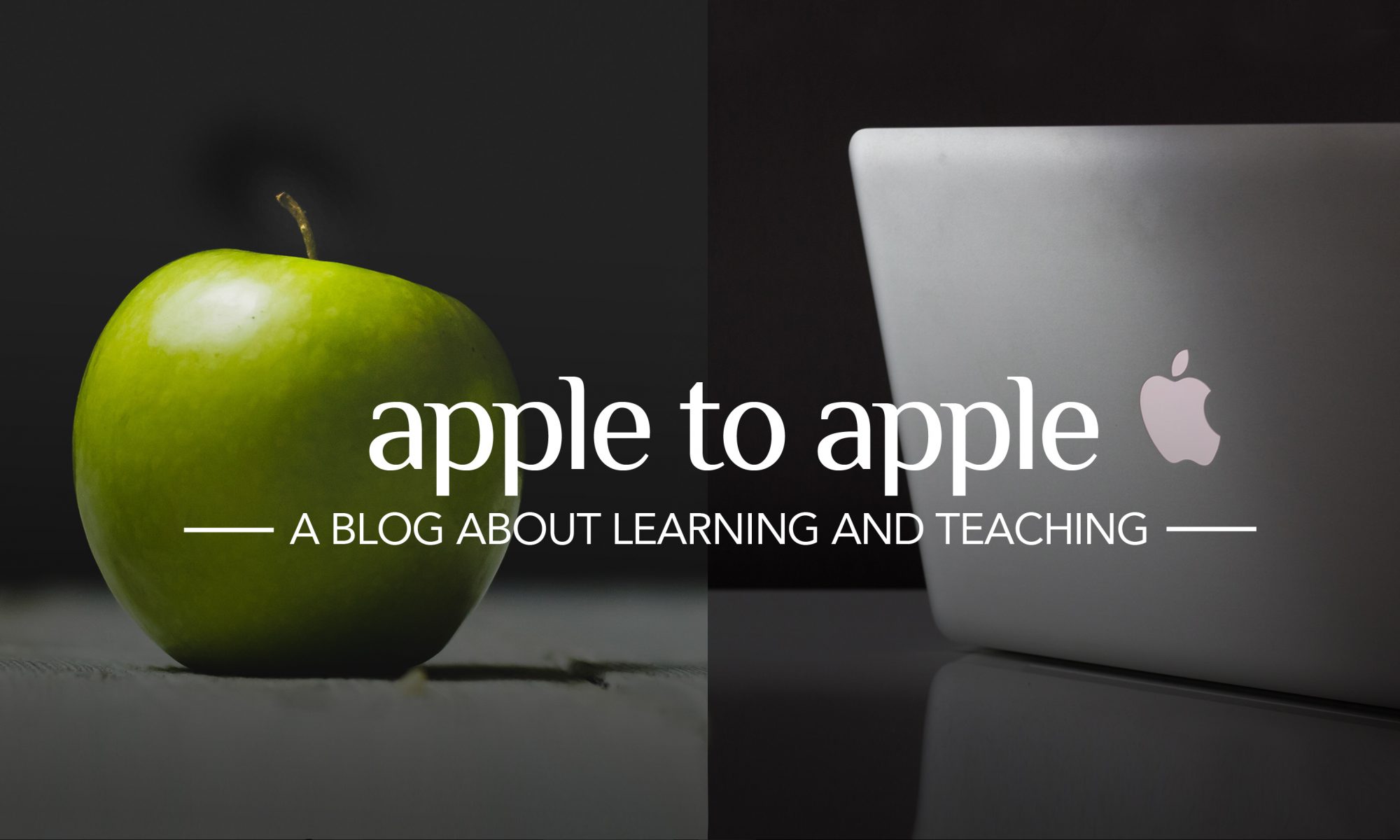You can’t teach without making mistakes. At least I couldn’t. I’d get tangled up in a math problem or forget to enter a grade or get stuck in a logic puzzle. Often I pronounced words wrong. I learned to read at a young age and I read about topics I didn’t discuss with people. So I pronounced words my way in my head. And I said them my way, too.
When I blundered like this, I had some options. I could try to cover my mistake with fancy footwork or brush it off like it didn’t matter. But I found that what worked best was to acknowledge my mistakes and to thank students and parents for pointing them out.
I wanted to call forth the best in my students. So I felt I needed to be my best, but part of being my best was admitting my mistakes. And good things happened when I did.
I’d call parents and say, “You know, after reading your e-mail, I got to thinking, and I want to make some changes.”
Or I’d say to students, “I can tell that lesson plan didn’t work. What would have helped? What should I try tomorrow?”
When I was too hard on a student, pronouncing judgement without understanding, I’d ask the student to stay after class. “What you did was wrong,” I’d say. “But what I did was wrong, too. What can we do to get things right again?”
Admitting mistakes, I found, helped to build an educational community. Students could see that teachers are learners. And when I thanked a student for pointing out one of my errors, the class could see that students are also teachers. Feeling valued and knowing that their input counted, students became more willing to risk questioning a teacher. We were, after all, learning together.
And when I acknowledged failure with a parent, we became partners—collaborators working together for the good of the student. And between us we built trust, both of us human, both of us trying and failing and learning and trying again—all for the sake of the student.
Sometimes confessing fault took more courage than I thought I had. I felt vulnerable and more accountable. But the more I owned up, the more I could see that one of the biggest mistakes teachers can make is to think they have the right answers all of the time.


This is a really thoughtful piece! I’m a teacher and I encourage my students to start conversations and think critically, rather than getting an answer right. If their reasoning for a comprehension answer makes sense but doesn’t match the answer guide, I praise them for thinking creatively.
To overcome any self-consciousness, when teaching I sometimes will write something on the board that is mispelt, missing punctuation or falls into a grammatical trap. I will pause, waiting for the students to correct me. By showing me how it should be, the students gain confidence and I show we work as a team. By correcting me, they demonstrate their learning.
In terms of cultural awareness, I always let students have a platform to share their stories. I try to provide a safe, open place where we learn from eachother respectfully.
LikeLike